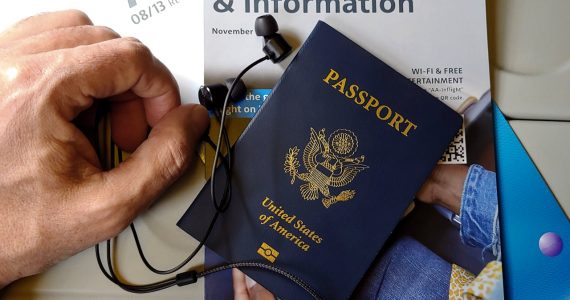It has been very difficult for people coming from low-income backgrounds to access legal help after 2010, which is when the government cut legal aid to cope with the economic impact of the 2008 financial crises which jolted the UK economy.
This means that a lot of people who are coming into court to fight their case have little to no idea about the legal aspects of their case, and without any professional legal advice or a lawyer to fight for them, they are obviously at a disadvantage within the legal system.
Statistically, 82% of people who were accessing some form of legal aid before 2010 now have no such access as of 2018. Even though there have been efforts by lawyers and some charities to convince the government to reverse the budget cuts, so far no such action has been taken.

£950 Million Cut
According to reported figures, an estimate of £950 million has been cut between the years 2010 and 2018 from legal aid, bringing the figure from an impressive £2.5 billion down to a meager £1.6 billion.
Recently, ministers in the government did review Laspo, short for Legal aid, Sentencing and Punishment of Offenders Act, and reached the conclusion that some areas did require more legal aid and subsequently announced that it would be allocating an additional £6.5 million in legal aid.
Of course, considering how much has been taken away from legal aid in recent years, critics of the legal aid cuts have been largely unmoved by this move by the government.
A Severe Impact on Family Laws
The absence of legal help has impacted proceedings in all legal matters, from those concerning housing to those concerning immigration. But one area which has been seriously impacted by these legal aid cuts is family law.
Although in cases which revolve around care, parents do receive legal aid, when it comes to ex-partner disputes or anything of the similar sort, there is no help available which results in people rescinding approaching the court altogether.

A lot of people approaching family court come without any form of representation. In fact, in 2017, around 33% of all family court cases were fought between parties when both of them did not have any legal representation in court.
Far More Cuts Than Planned
Apparently, the cuts in legal aid were initially planned to be around £350 million, give or take a few, which is way less than the amount which has been cut so far. The aim with the cuts was to encourage people to opt for mediation instead of seeking legal counsel in matters which could be resolved on their own, thereby saving taxpayer money which could be invested elsewhere.
However, the impact of these cuts had been assessed at the level of cuts which were originally planned. The amount which has been cut is almost triple that which was originally planned, and therefore it comes with possibly more severe ramifications.
The Impact on Society
Both the absence of sufficient legal help and the inability of journalists to cover family court cases has led to an obscure picture of the impact legal aid cuts have had on the effectiveness of the justice system in family court cases. However, this impact could be severe as family courts are responsible for deciding the future of thousands of children every year.

Unless journalists are allowed to cover family court cases (which they are usually not allowed to cover to respect the privacy of people involved), there is little way of identifying whether a ruling which has been passed was fair or not.
Since there is no legal representation in many of the cases, it is natural to assume that a lot of cases may be unfairly ruled.
But the statistics paint a picture that’s worrisome considering all of the above. The number of children who are being kept in state care in increasing on a yearly basis, with more than 75K children in care as of now compared to 60K which were in care back in 2008. If any of these children have been wrongfully taken away from their mothers only because the latter couldn’t access legal aid, then a revamp of the system is indeed necessary.




